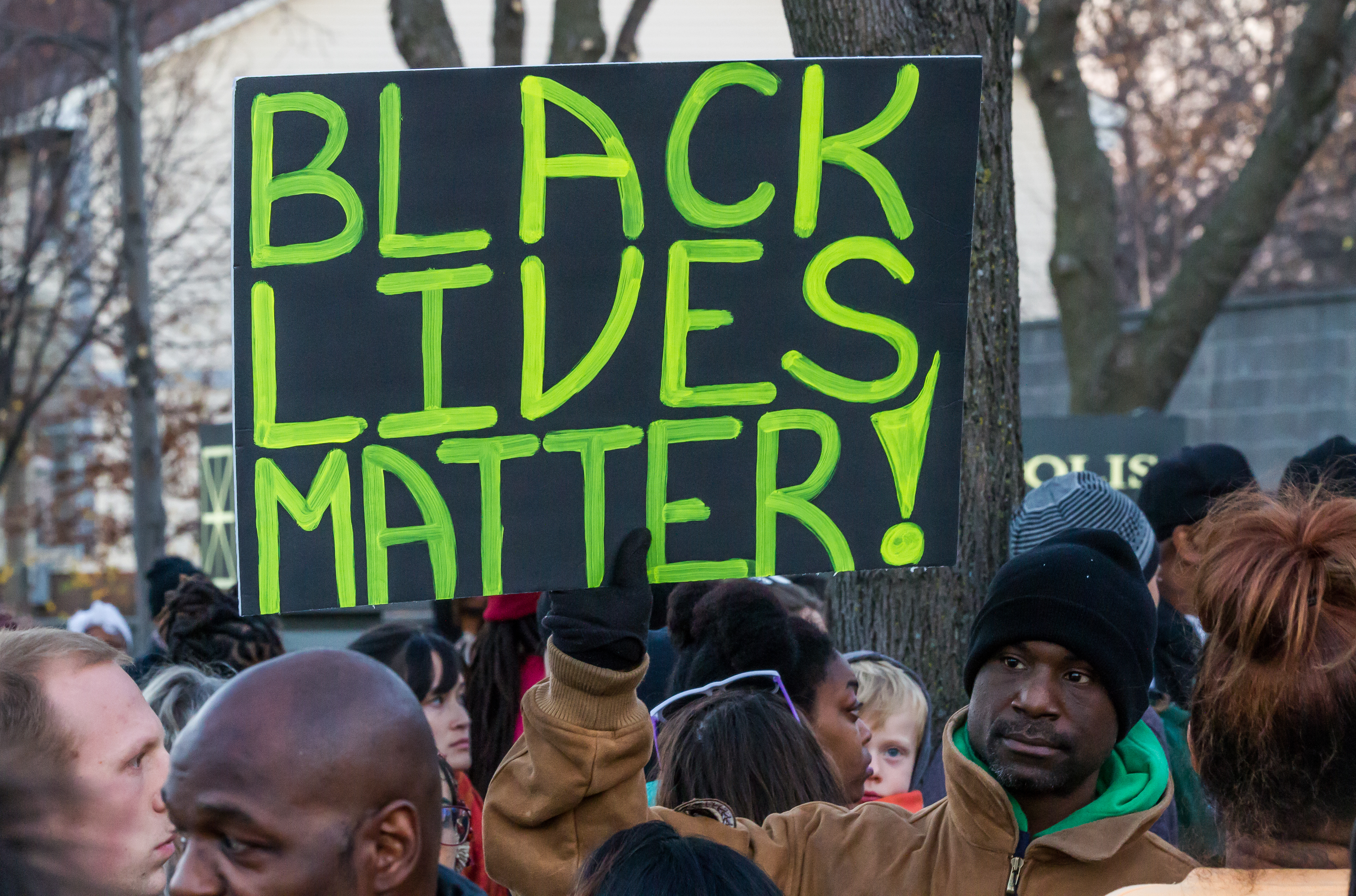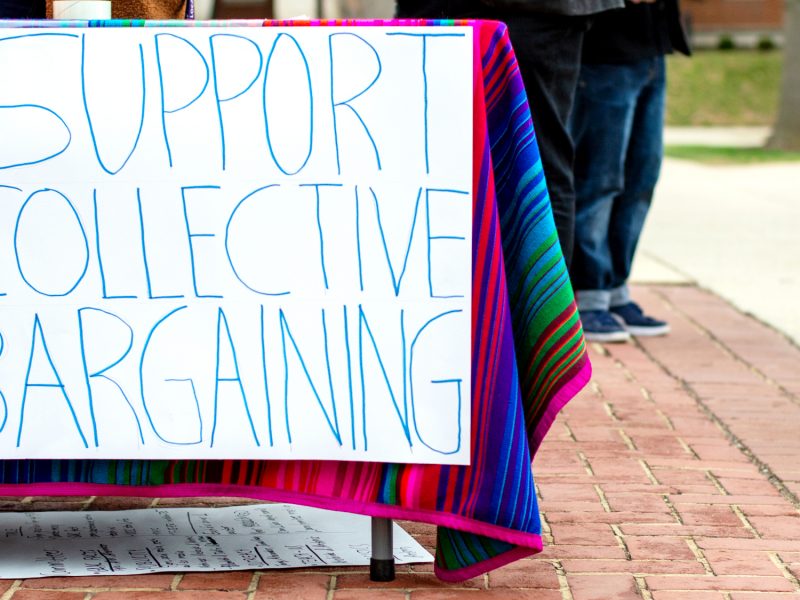This is in response to a column featured in The Diamondback that was published on July 27 and written by Kyle Campbell.
By Olaedo Onuh
The column “The problem with today’s race war” is steeped in ignorance. From the first paragraph, one could tell that the column is inevitably offensive; the author feels as if he, a white male, is entitled to give his opinion on police brutality, Black Lives Matter and institutional racism. While this is not to say that a white person has no say when discussing racial matters, when the topic of racism is brought up for discussion, it would be in any author’s best interest to be more informed.
The Black Lives Matter movement has been under a lot of unprecedented scrutiny during the past few years. Many biased media outlets and personnel have condemned the movement, citing that BLM is unorganized and promotes violence. However, if any of these outlets were to do any research (literally searching Black Lives Matter on the internet yields the movement’s website as the first result), they would have found that the movement hopes to achieve several things such as the end of state-sanctioned violence on all black people.
The movement has done nothing but try to peacefully protest for its cause and bring national attention to police brutality that went unnoticed by the masses. Black Lives Matter is not the reason why black children are going to grow up fearing police officers. Watching their fathers and mothers being brutalized in front of their eyes, much like Diamond Reynolds’ 4-year-old daughter did, will cause them to fear police. Just as the Ku Klux Klan is regarded as a separate group from all other Christians, the few detractors who incite violence are not a part of the Black Lives Matter movement and do not represent what it is about.
There are also still many laws and policies that disproportionately affect people of color every day. Three days ago in North Carolina, the federal court found that the primary purpose of North Carolina’s Voter-ID law wasn’t to stop voter fraud, but rather to disenfranchise minority, specifically black, voters. The judges found that the provisions targeted blacks. Blacks make up only 12 percent of the total U.S. population, but about 40 percent of the prison population. This is not because blacks are committing more crimes than whites; rather, black communities receive far more attention from police than other communities and blacks are also more likely to be charged, tried and convicted than whites for the same offenses. The mass incarceration of black bodies has been steadily increasing since the civil rights era. From 1974 to 2001, the likelihood of going to state or federal prison increased dramatically from 13.4 percent to 32.2 percent for black men and increased from 1.1 percent to 5.6 percent for black women. For non-hispanic whites in comparison, the likelihood only increased from 2.2 percent to 5.9 percent for males and 0.2 percent to 0.9 percent for females.
The most insulting aspect of the column is the author’s denial of institutionalized racism. Institutional racism is as real as white privilege. There are African American studies students and professors that the author could have consulted on the campus and thousands of articles and pieces of literature on this subject.
Privileged individuals do not have the same experiences as those who are marginalized. They’ve never worried about not being hired because of race or not being adequately represented in today’s popular culture. Those who are privileged often ignore the oppression that is affecting others. That is the real problem with today’s race war.
Many people choose to ignore racial issues or base all their beliefs on the biased views of the media. If institutionalized racism does not exist, does that also mean that sexism doesn’t exist? Just because one hasn’t experienced it, doesn’t mean it’s not real. Those who have not experienced institutionalized racism should not invalidate, speak over or dismiss the concerns of the disenfranchised without thoroughly researching the reality that those who are marginalized are forced to experience.
College students are too old to be this ignorant while racial tensions are so high. In today’s information age, there are numerous sources one could consult to gain perspective. Both The Diamondback and the writer should be to blame for the article.



